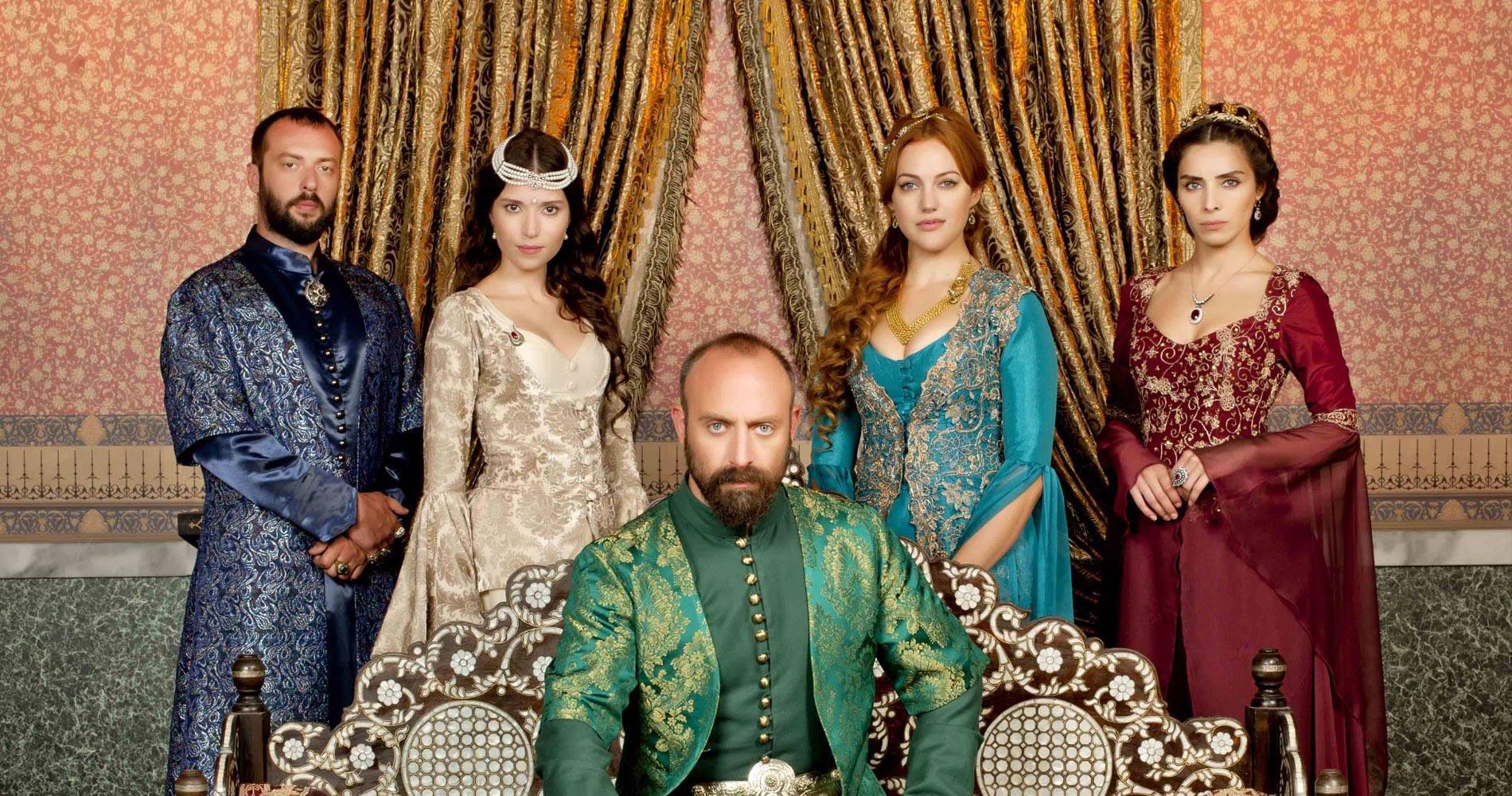Turkish TV dramas and historical fictions are quickly becoming an important soft power tool. Their popularity spans the globe and their reach is not confined to the Muslim word. These dramas glorify Turkish history and culture and have been a huge financial success. President Erdogan might use the economic success of these dramas, their societal impact and popularity to garner voter support ahead of the 2023 elections.
Meric Sentuna Kalaycioglu, 30 January 2023
Chinese version | Spanish version
Latin American soap operas, American sit-coms, Korean K-dramas … all of them have been drawing large TV audiences for decades. Where do the Turkish TV productions or T-dramas stand in terms of viewership and local economy? And could the success of T-dramas influence the upcoming presidential elections in May 2023?
For a significant number of international viewers, Turkish dramas and historical fictions are addictive. One of the first TV series to be exported was the melodrama “Gumus” (Silver), a huge hit in the Middle East. Its Arabic-dubbed final episode, which aired in 2008, reached 85 million viewers. In 2012, Reuters reported that Magnificent Century, based on the life of the 16th century Ottoman Sultan, Suleyman the Magnificent and his wife Hurrem Sultan, was broadcasted in 52 countries and watched by 200 million people.
Another historical fiction, Resurrection: Ertugrul, has been shown in 71 countries. It is set in the 13th century and based on the life of Ertugrul, the father of Osman I: the founder of the Ottoman Empire. According to YouTube statistics, in Pakistan alone 2.6 billion views poured in for Resurrection: Ertugrul. In 2020, the series was not only bought by PTV (the Pakistani state-owned broadcaster) and dubbed into Urdu, it was also praised publicly by the Pakistani Prime Minister Imran Khan. In 2021, it consistently ranked among the top 3 TV shows watched in the country on Netflix.
The international success of Turkish historical fiction cannot solely be explained by religious proximity. Venezuelan President Nicolas Maduro’s interest in Resurrection: Ertugrul became apparent when he visited the set in 2018, tells us to look beyond Islamic nuances when analyzing elements of the “magic formula” of Turkish productions. Cultural affinity, including the way romantic relationships are dramatized, may explain the success of Turkish melodramas in the Balkans, in the Mediterranean region and in Latin America. Italy’s Mediaset, Spain’s Atresmedia, Colombia’s Caracol and Argentina’s Telefe are the pioneers of broadcasting of Turkish soap operas. On top of that, in early 2020, Netflix introduced the “Made in Turkey” collection. Consequently, the global demand for Turkish shows has grown by 44% since 2020, according to Parrot Analytics’ data.
Family values are the main element of cultural proximity between Turkey and countries where Turkish dramas are blockbusters. A storyline revolving around a patriarchal and emotionally interdependent family structure is more familiar to mass audiences. Moreover, avoiding hard-to-digest scenes involving drug abuse, heavy alcohol consumption, sexual assault and homosexual relationships make Turkish shows more marketable and easier to broadcast during primetime. Additionally, societal changes stemming from rural-to-urban migration are central plot lines in these dramas. Western producers often fail to explore these real-life challenges of urbanization in metropolitan areas of developing countries.
Romantic stories are famous for their relatively easier to understand storyline. Turkish scriptwriters, very much aware of this fact, initially focused on melodramas produced for export. Romantic relationships without sexual desire, adoration, jealousy, separations, betrayal and revenge quickly became the main constituents of Turkish love stories. An interpretation of Turkish modernity is offered by focusing on protagonists trapped between traditional values and urban capitalism with its secular ways. These dramas continue to be especially popular amongst Muslim women also because of their portrayal of the ideal (more liberal) man woman relationship.
Historical fictions help increase fascination with Turkey by changing the perspective and perception towards Turkey positively while promoting a neo-ottoman narrative in the background. Purchasing and exporting of this genre of series by the Turkish Radio and Television Corporation (TRT) implies the Government’s interest in spreading Turkey’s political agenda. Likewise, Erdogan asserted that history should be learnt from the historical drama “The Last Emperor”, depicting events during the reign of the 34th Ottoman Sultan Abdul Hamit. The key for Erdogan’s efforts to garner voter support ahead of the 2023 elections is using such a soft power tool to make his policies more desirable instead of direct imposition and propaganda.
The Turkish economy also benefits from the international marketing of romance dramas. TV productions, as cultural export items, are not only speaking to the hearts of people, but also generate income for Turkey. According to Eurodata, Turkey is currently the second-largest exporter of TV series in the world after Hollywood. Turkish productions are expected to reach USD 1 billion in global sales in 2023. Based on Netflix’s own research, the “Made in Turkey” collection has generated around USD 52 million for Turkey’s economy in 2020 – 2021 while creating over 3300 jobs in the country.
Turkey, once only a hard power country, proud of its massive military and population is now ambitiously investing in soft power tools. As Joseph Nye suggests, these two powers can eventually be combined and create a “smart power”. If Turkey continues to use smart power wisely, this boost to the economy due to the immense success of T-dramas might play a pivotal role affecting the outcome of the upcoming general elections on 14 May 2023.







